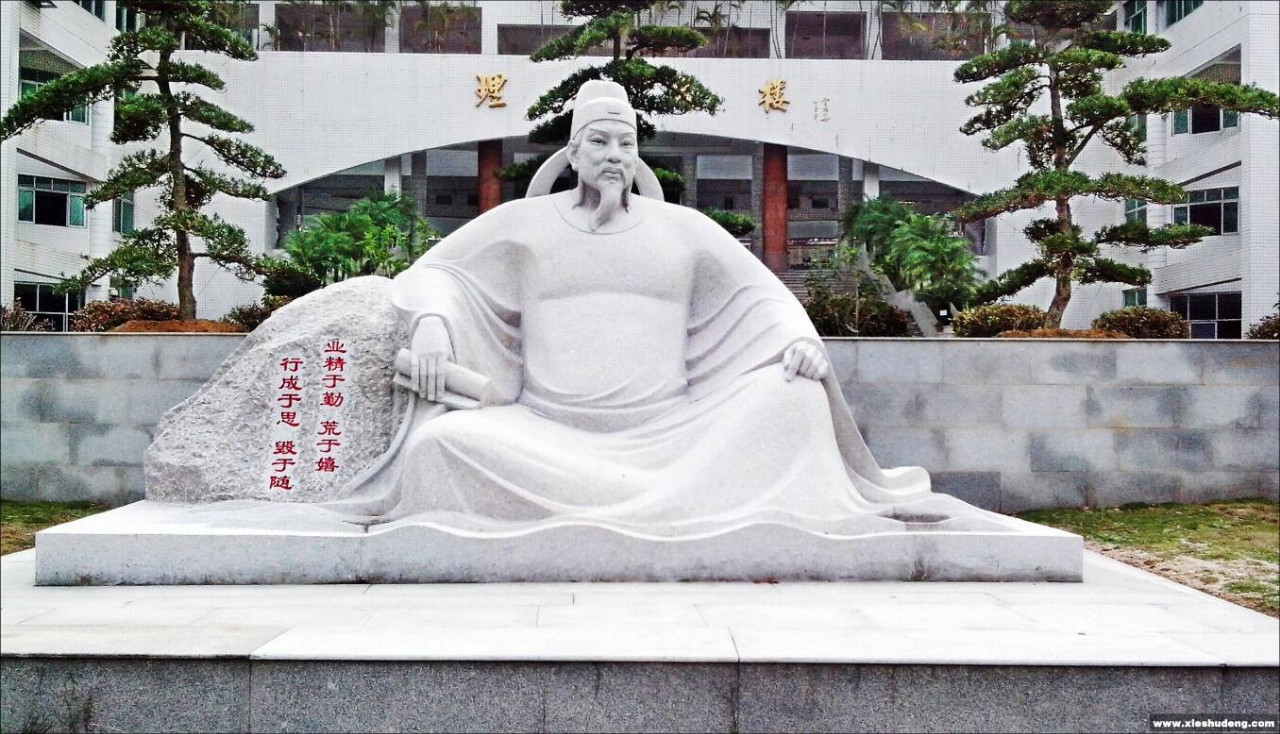When it comes to Yuan Shikai, there is actually a very, very big controversy. The reason for saying this is simple. Some people say what happened to him, while others say what happened to him. Anyway, everyone has their own opinions. Recently, many people have also said that Yuan Shikai actually became an emperor in North Korea. So, is this statement correct? How did Yuan Shikai do it at that time? Let’s analyze together below.
Yuan Shikai’s words of being the “Supreme Emperor” in Korea were too heavy, but in fact, Yuan’s actions in Korea were commendable and highlighted the weakness and incompetence of the Qing court.
The reason why Yuan Shikai was able to become an official in Korea cannot be separated from one person, and that person is Wu Changqing. Wu was the sworn brother of Yuan Baoqing, the uncle of Yuan Shikai. Due to consecutive failures in the imperial examination, Yuan Shikai became disheartened and burned his own poetry and prose in anger, determined to explore another possibility.
In May 1881, Yuan Shikai went to Dengzhou, Shandong and joined forces with Wu Changqing. At that time, Wu was the commander of the Huai Army. When he saw his friend’s adopted son coming to join, he arranged for Yuan to serve as the commander of the camp.
Who knew that one year later, they had just encountered the “Renwu Coup”, and the young emperor Li Xi was tempted by his beloved concubine Min Fei to take over the government. Li Shi, who requested to assist in the government, returned his power.
Min Fei had great political ambitions, while Li Xi was like Li Zhi of the Tang Dynasty, obedient to his wife’s words. On the surface, it appeared to be returning to power, but in reality it became the dictatorship of Empress Min. During this period, there was political corruption. In 1882, due to the long delay in paying military salaries, more than 5000 soldiers of the Korean garrison launched a rebellion in July of that year due to multiple unsuccessful demands for salaries and being influenced by the abdication of Li Shi. Entered the palace and attempted to kill Consort Min.
Minister Jin Yunzhi and others sought help from the Governor General of Zhili, Zhang Shusheng. Zhang sent Wu Changqing, who was stationed there, to quell the rebellion. After all, Korea was a vassal state of the Qing Dynasty, and if I was in trouble, as an elder brother, I naturally could not stand idly by.
The Qing court immediately imprisoned the instigator Li Shi in Baoding, and then sent Yuan Shikai to the city to arrest the soldier who caused the accident, the “Eastern Learning Party”. After the incident was quelled, Wu Changqing claimed credit from the court for “serious military management, effective coordination, leading the way in attack and suppression, and being particularly brave”. Yuan Shikai was listed as the leader of the credit. On the first day of September of the same year, the court rewarded him with a flower feather and asked him to stay in the court to work hard.
After the Renwu Coup, Yuan Shikai worked in Korea, mainly assisting the Grand Prince in training troops. Firstly, he helped the King establish a personal guard, and secondly, he organized a pacification army to strengthen royal rule. The Grand Prince Li Xi greatly appreciated the efforts made by Yuan Shikai. The Qing army led by Yuan Shikai had strict discipline, and those who harassed Korean residents and smoked opium were subject to military punishment by Yuan Shikai.
On the other hand, Yuan Shikai also had to engage in a battle of wits and courage with Little Japan.
Shi Minfei did not die, but hid in the home of her clan member Min Yingzhi. When the situation stabilized and chaos arose again, Li Xi was a lover of beauty and did not want the ruler of the country. Soon, power fell back into Min Fei’s hands. After the dictatorship of Empress Min, her brother Min Yongjun was appointed as the Prime Minister, and all the affairs in the palace fell into the hands of relatives.
Little Japan naturally saw the opportunity and took advantage of everyone’s dissatisfaction with the Min family’s dictatorship to actively cultivate pro Japanese armed forces and train new troops for them. At this time, Korea was generally divided into the “pro Qing faction”, which was pro Yuan Shikai, and the “pro Japanese faction” represented by Hong Yingzhi and Park Yong hyo, also known as the “Kaihua Party”.
Due to the indecisiveness of the Qing court towards Korea, even though Yuan Shikai had effective control, he was unable to keep up, resulting in Japan gaining the upper hand in Korea.
Due to Yuan Shikai’s sense of helplessness, the Sino Japanese War broke out in 1894. Yuan Shikai was afraid that he would have difficulty cleaning up the mess and returned to China in mid July of the same year.
It can be said that Yuan Shikai’s talents were fully demonstrated during his time in Korea, and also laid the foundation for his future military training in small stations and how to gallop among officials at all levels. Evaluating a historical figure cannot completely negate their previous talents due to their later mistakes. This is unfair and violates historical principles.



